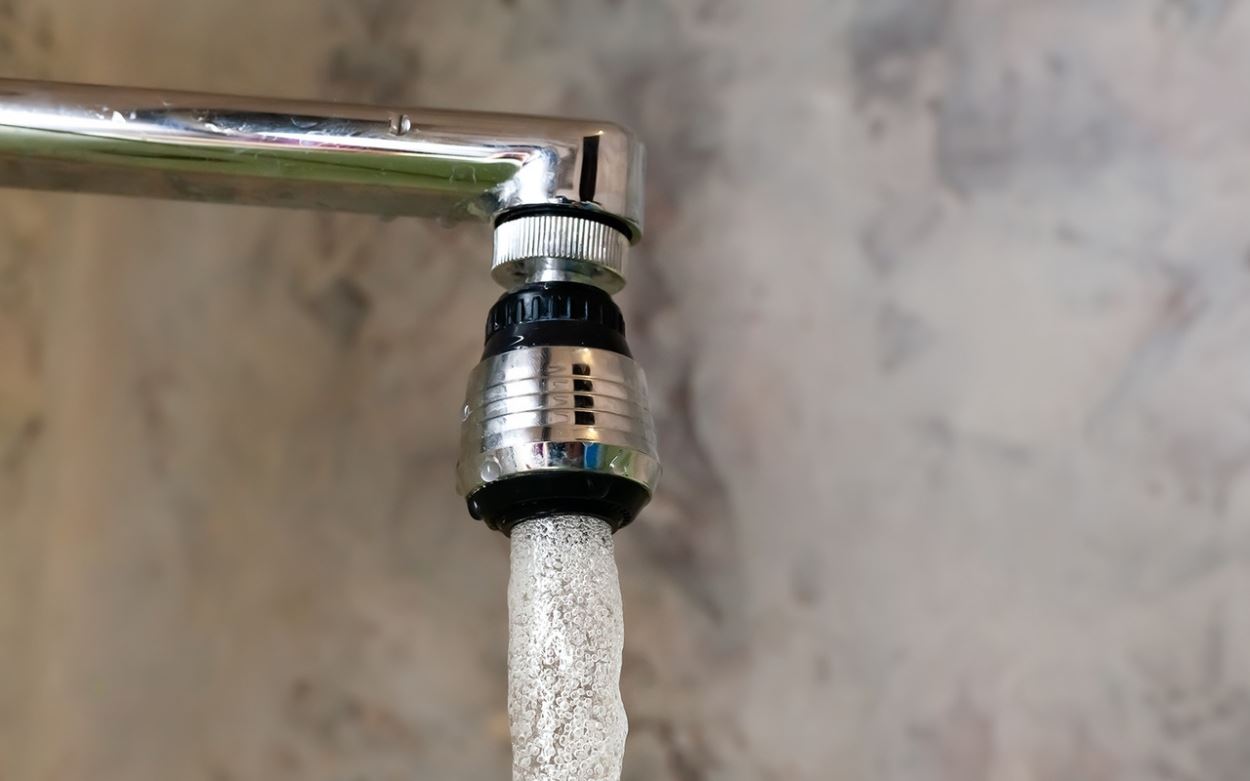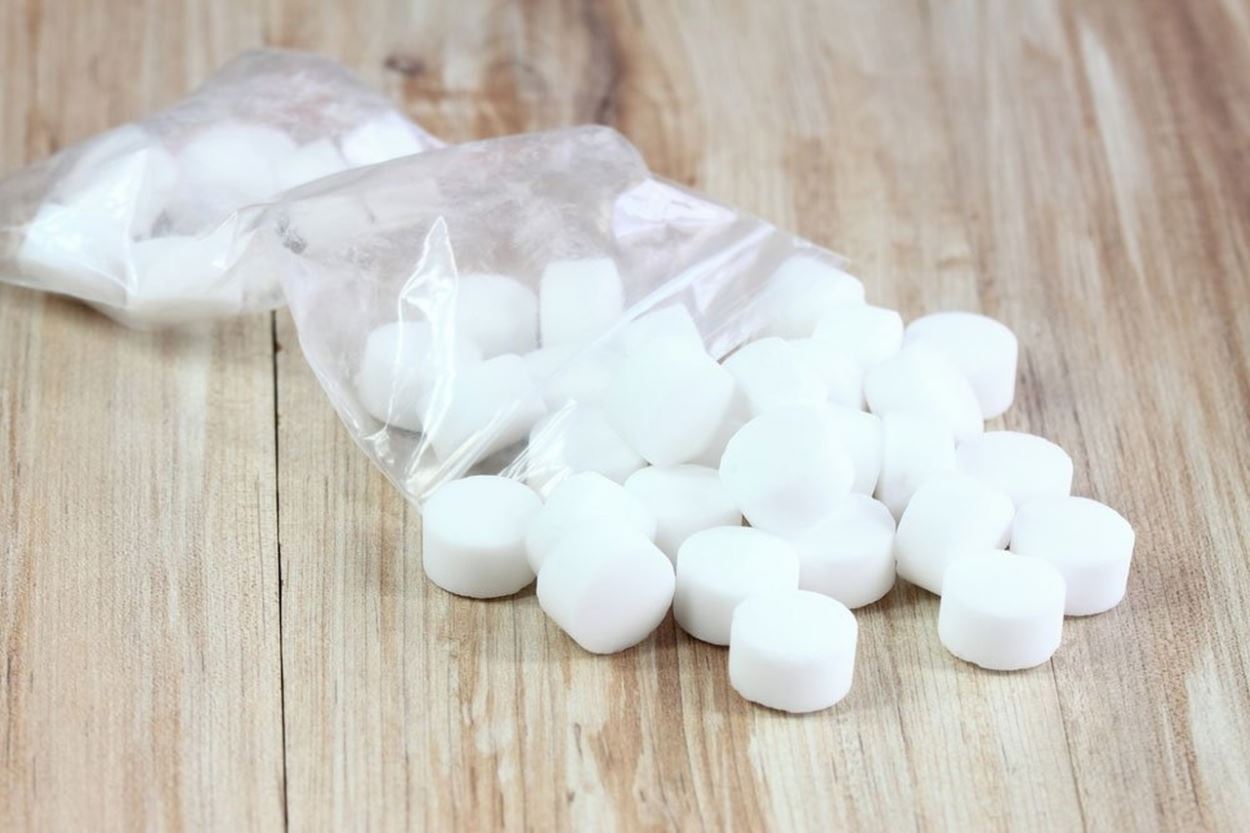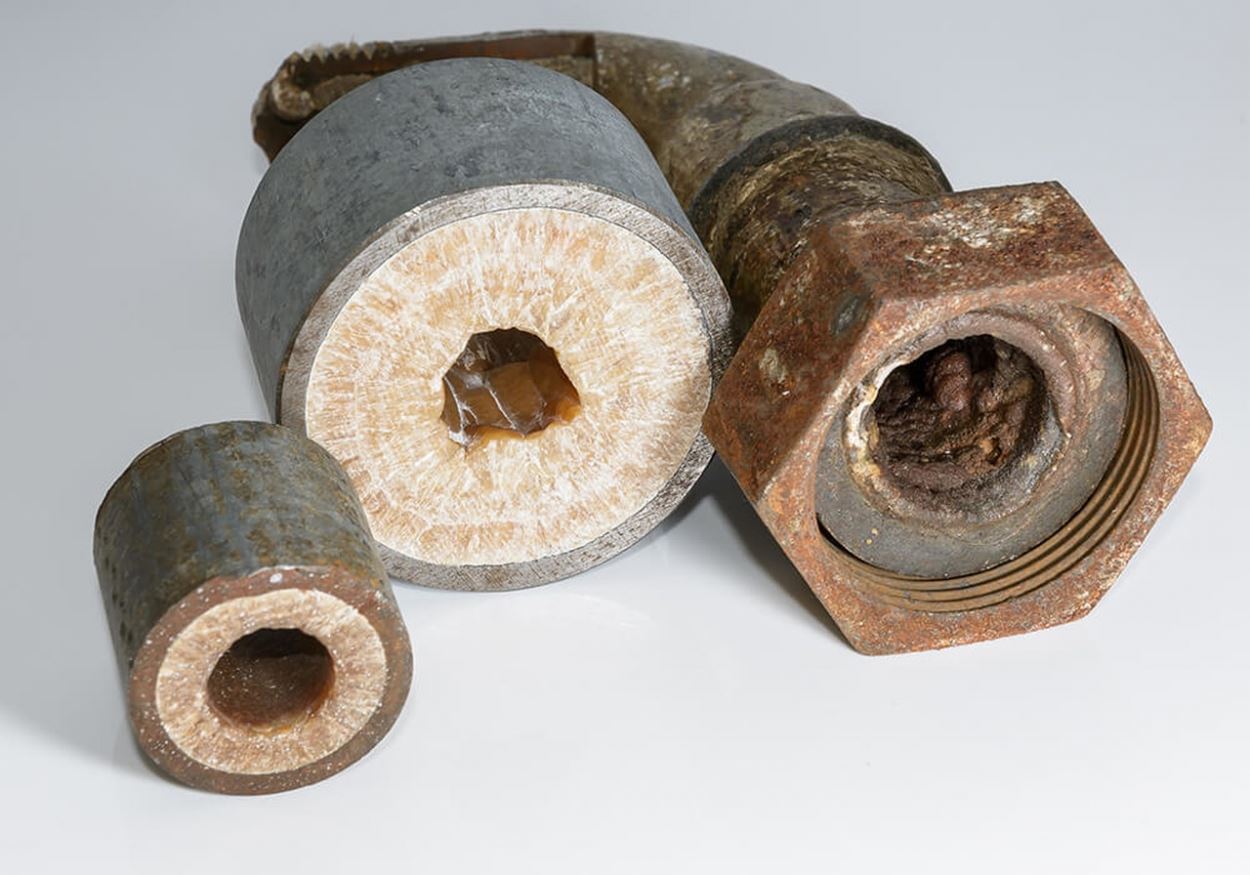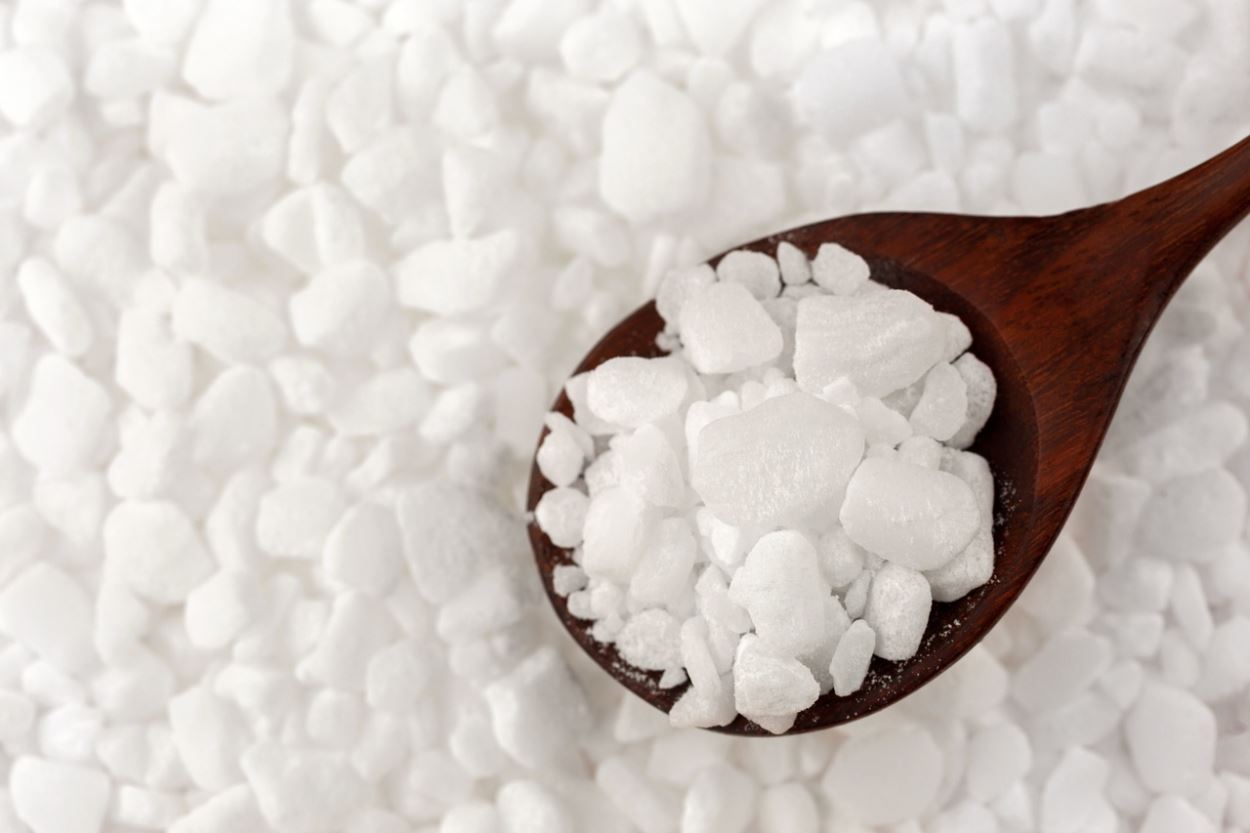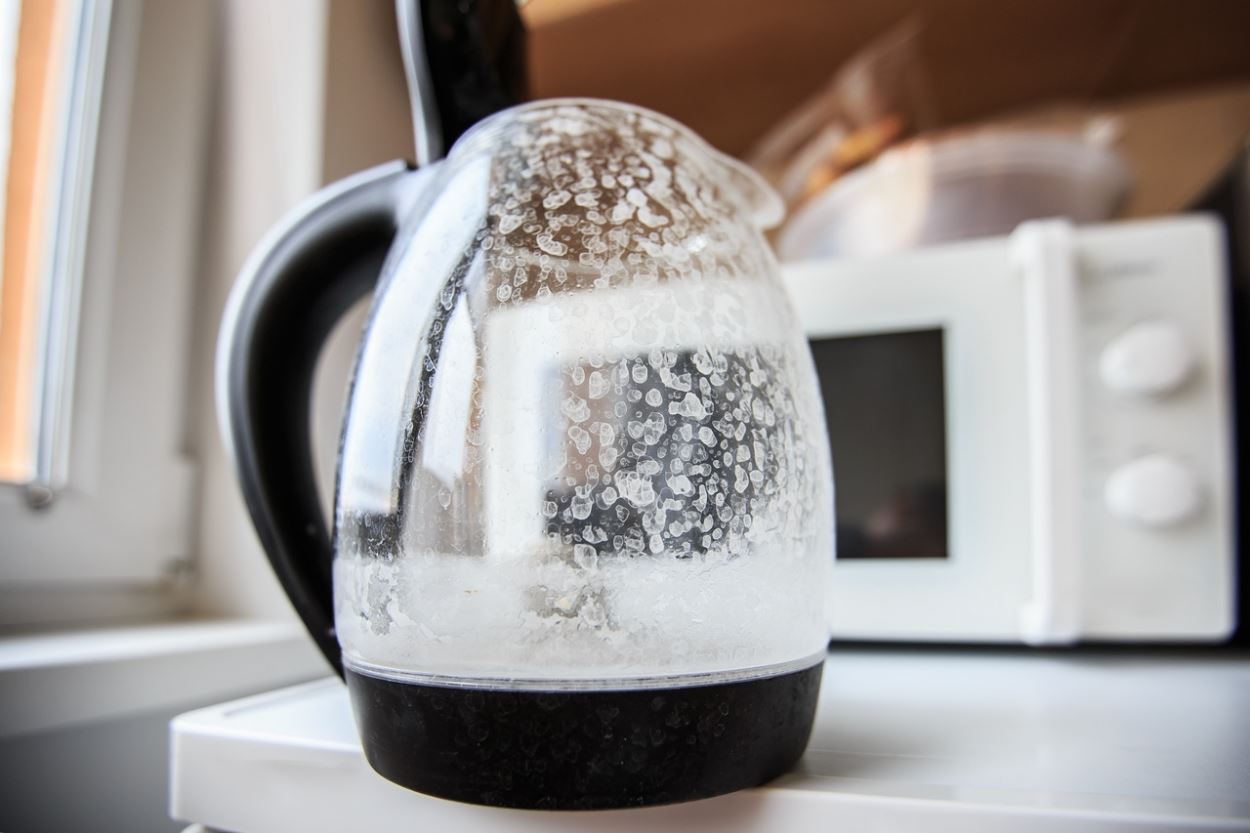What Happens If Water Softener Runs Out of Salt
2020-10-28(33457)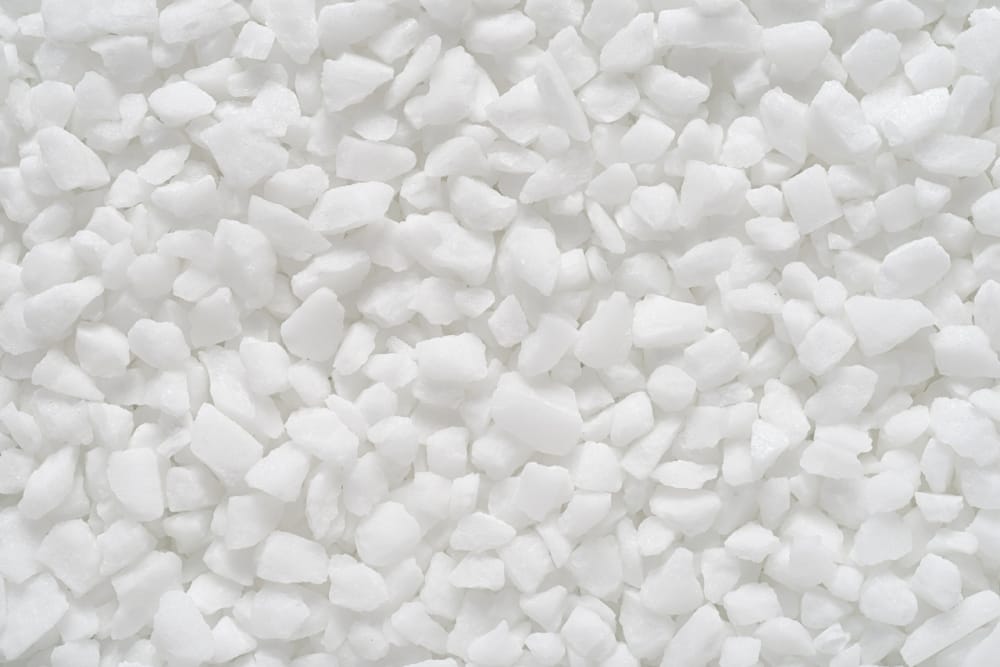
Have you ever spotted cloudy streaks on your glassware when taken out of the dishwasher? Then, you might be familiar with the undesired results of hard water.
Water softening salts are essential to treat water and maintain the high performance of water softeners. When the water softener runs out of salt, it can cause long term damage and harm your water fixtures. It can even result in tank overflowing.
Although this is the most common example, water softening salts are used in many areas, from homes to industries. When the water softener runs out of salt, it all results in low-quality water and undesired effects.
In this article, you will learn what happens if a water softener runs out of salt and everything you wonder about water softening salts.
What Is a Water Softener?
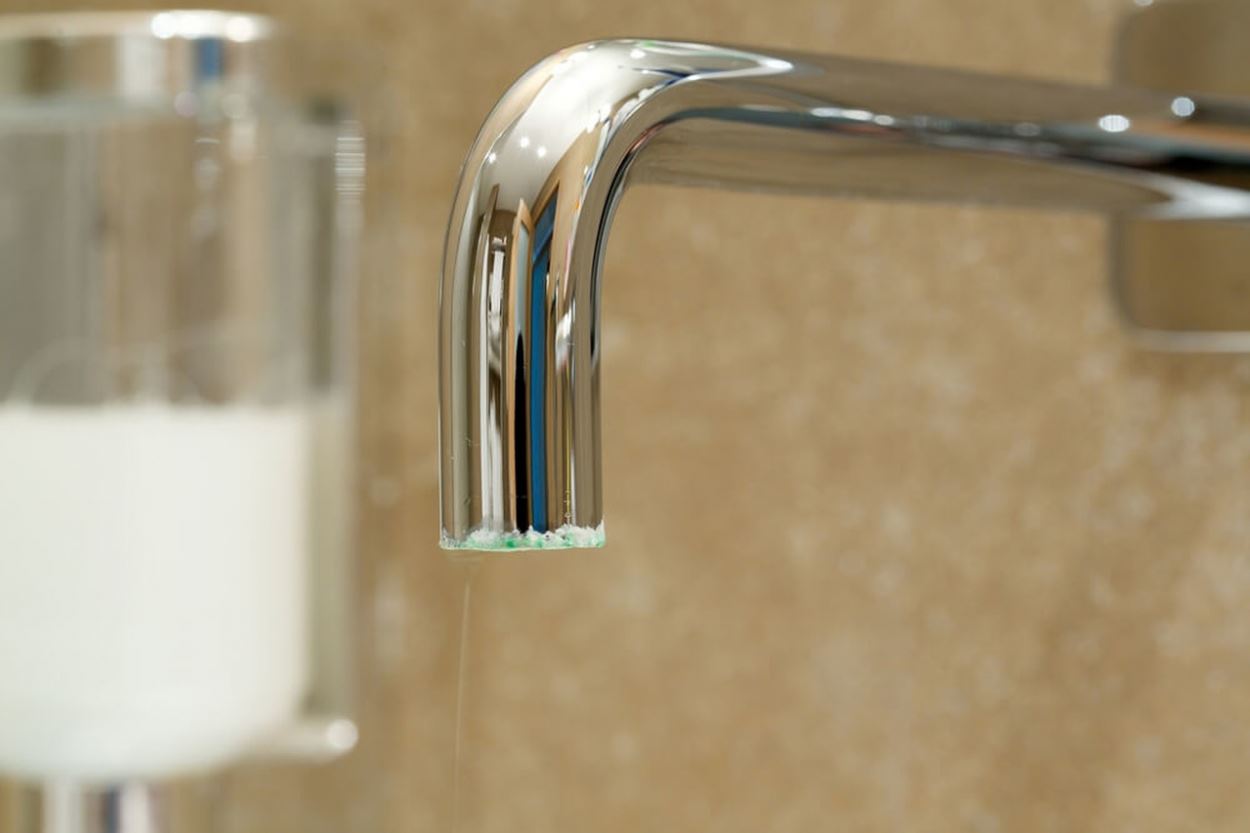 We will discuss what happens if a water softener runs out of salt, but let’s fully understand what a water softener is.
We will discuss what happens if a water softener runs out of salt, but let’s fully understand what a water softener is.
A water softener is a filtration system. It is used to soften water by removing the high concentrations of calcium and magnesium minerals that cause hard water. It softens the water through a process called ion exchange. A water softening filtration system can be applied to the whole house or can be used in industries.
Water softener addresses a common problem; hard water. What is hard water?
Hard Water
Hard water contains a high concentration of calcium and magnesium minerals, which build up in your pipes and shortens your home appliances’ lifespan like dishwashers and coffee makers. What causes those minerals to build up in the pipes?
Calcium and magnesium minerals quickly bond with other metals and thus; build up in the pipes, appliances like the residue you see in your shower head. The residue accumulated over time is caused by the hardening of the minerals that exist in water.
How Does a Water Softener Work?
Years ago, the introduction of the Ion Exchange Resin Method dramatically helped improve the quality of water. It allows ion exchange through which dissolved ions are removed from the solution and exchanged with other ions. Today, every water softening equipment in industrial facilities is also an ion exchanger.
If you are asking what does it have to do with water softeners, well, water softeners replace the calcium (Ca) and magnesium (Mg) ions, which cause hardness in water, with sodium (Na) and chloride (CI) ions. NaCI is the chemical compound that we call salt.
You may know what salt is. But do you know how to identify salt? You can read our article, “How Can You Identify a Salt?” for know-how.
Water Softening Salts
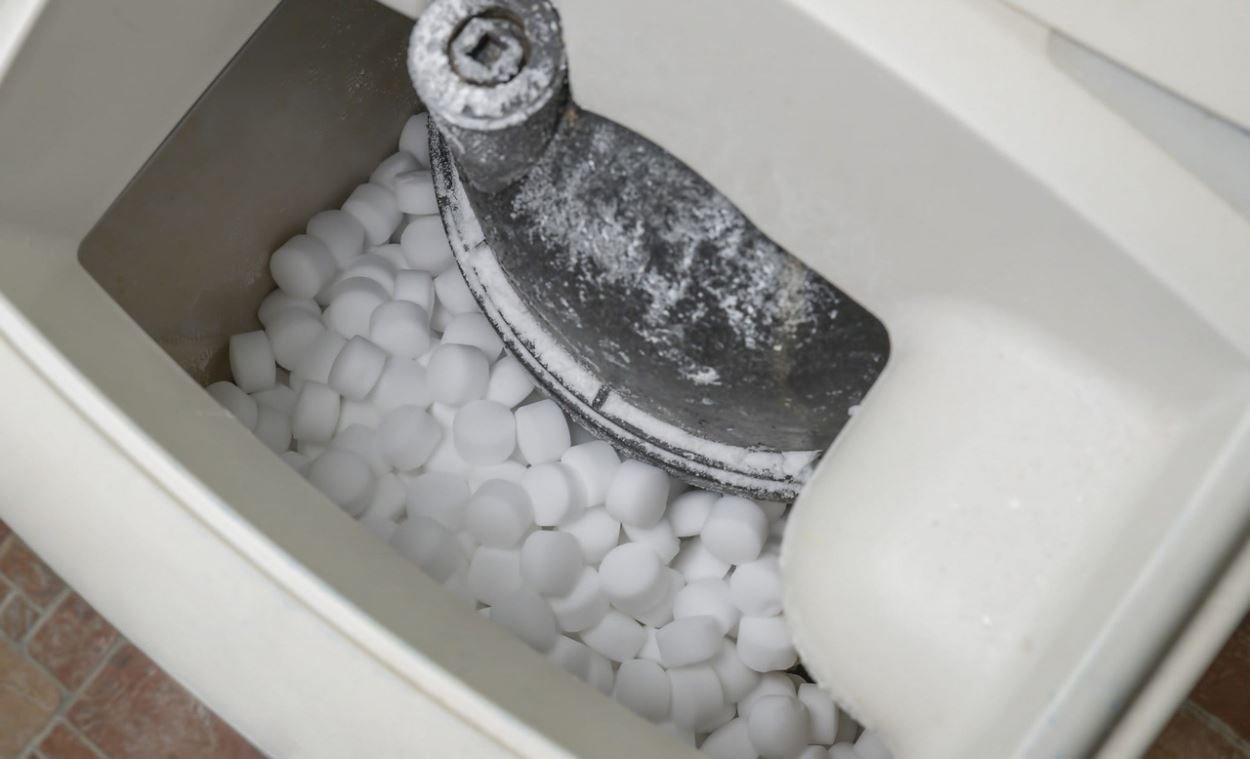
To comprehend what happens if water softener runs out of salt, we should go through water softener salts first. Water softener salts work with a water softener to eliminate the hard minerals in the water.
Hard water minerals pass through the resin beads in the water softener tanks. The water softener removes those minerals during this process. Water softener salt is used to recharge those resin beads so that they can continue eliminating calcium and magnesium minerals from the water.
Water softener salts are mostly made of sodium chloride (NaCI), similar to the regular table salt used for cooking and seasoning. However, some less common water softening salts can also be made of potassium chloride (KCI), which is a salt alternative.
The Best Type of Salt to Use in Your Water Softener
To prevent hardness in your water, reduce the risks of long-term damages caused by hardened minerals, and keep your water softener well-maintained, you need to refill the salt in your salt-based water softener.
There are common types of water softener salts that you choose from for this operation as mentioned earlier; sodium chloride or potassium chloride. Which is the best type of salt to use in your water softener?
Ideally, the best type of salt to use in a water softener is salts that are specially designed for water softeners, not deicing, natural salt, or other types of salt.
What Happens If Water Softener Runs Out of Salt?
If you are wondering what happens if water softener runs out of salt, there are certain signs that you can look for:
● Your soap does not lather up when you are showering and it leaves a residue on your skin on the showerhead.
● Glassware comes out of the dishwasher with stains.
● What happens if water softener runs out of salt? Hardened calcium and magnesium minerals build up in your pipes and cause less efficiency in your water heating system.
● The showerhead and sink can be covered with a white crust that causes the water flow to spray in all directions.
● Glass shower doors get covered with white stains. Even though you try to clean them, they won’t get as clean as they were before. So, you will need to replace it, which will cost you more than changing the salt in your water softener.
● The tank of your water softener can overflow which is more common in non-electronic water softeners.
Long story short, letting your water softener run out of water softener salt can cause you more damage and cost than simply renewing it.
Uses of Water Softening Salt/ Water Treatment Salt
Now that you know what happens if water softener runs out of salt let’s look at the different uses of water treatment salts.
Household Water Treatment
Especially if you live in an area with hard water, you might experience the challenges caused by the high amounts of calcium and magnesium in your water. It shows itself as:
● Stains in faucets,
● Mineral build-up in the pipes,
● Crusts, stains, and build-ups in the showerheads, bathtubs, and other home appliances.
By installing a salt-based water softener you can increase the efficiency of your water heater as there won’t be a mineral blockage in the pipes and thus, reduce your utility bill. Moreover, if your soaps and detergents do not work effectively when the water is hard. Softening your water will certainly make them more efficient, and there will be less soap residue on your skin and clothes.
Turkey’s largest salt exporter Koyuncu Salt produces water softening salt as high-quality granule salt and tablet salt for water treatment in different grain sizes and bag options.
Dishwasher Salt
Running out of water softener salt decreases the efficiency of your dishwasher and stains the glassware. With Koyuncu Salt’s high purity dishwasher salt, the efficiency of dishwashers maximize.
Industrial Wastewater Treatment
Water softening salts are not only for domestic uses but also for industrial uses. The amount of water on earth drops day by day. In light of this, industries started to search for ways of reusing wastewater. Excessive water consumption can be prevented with water treatment. Salt is an essential component of the water treatment process.
Do you know other industrial uses of salt? You can read our article, “Salt Applications for Industry,” and other blog posts to get more information about salt uses and types.




